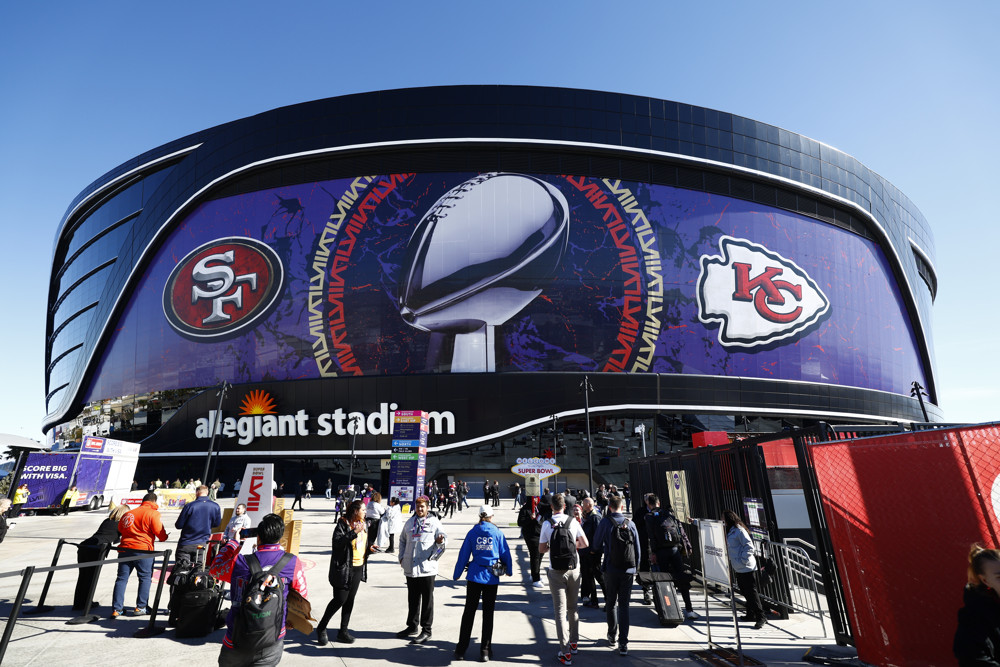Last week, we went through some helpful resources for beginning sports bettors. The books, videos, and websites in that article teach market dynamics and the fundamentals of betting, but they don’t directly explain how you can become a winning sports bettor. While going from a newbie to a winner isn’t an overnight process, there are (at least) four ways to make money if you’re just entering the game with a small bankroll.
BONUS HUNTING
The easiest way to make money sports betting is by taking advantage of the sign-up offers and odds boosts. ETR has affiliate deals with sportsbooks that give you free money (either a risk-free bet or a bonus bet). For risk-free bets, using it on longshots is optimal, although that may get your account limited faster since sportsbooks also know that’s optimal. Still, as a new bettor, it’s probably best to play things optimally and actually make money as opposed to going down the road of the vast majority of gamblers and simply donating to the books.
Earlier this month, I wrote an article about how to approach odds boosts. It’s critical to realize that not all odds boosts offered by a sportsbook are +EV, so that article walks you through the steps of deciphering if a boost is good or not. Odds boosts aren’t as free money (or free EV) as sign-up bonuses, but they are still better than most things on the board.
Sign-up bonuses are finite and books will eventually stop offering you odds boosts if you are winning at them — especially if you are only making money through odds boosts — but it’s a good way to get your feet wet in gambling and likely make a few quick bucks.
ARBITRAGE BETTING
Arbitrage betting is a form of gambling that, if done correctly, literally bears zero risk. This is because you are betting opposite sides of the same market at two different sportsbooks in a manner that guarantees you profit (or at least break even). For example, if one book had 49ers -120 and another book had Chiefs +125 for the Super Bowl, you could have bet $100 on the Chiefs and $122.73 on the 49ers and guaranteed yourself $2.27 in profit. There are arb calculators online that tell you exactly how much to bet on each side to maximize profit. To arb most effectively, you will need an account at as many sportsbooks as possible.
Now, we used Chiefs vs. 49ers as an example, but the reality is that you’re unlikely to find arb opportunities on sportsbooks for big markets like NFL sides (especially for the Super Bowl). However, the potential for arbing is more prevalent in small markets like player props or live betting. These markets are also fairly sensitive and move quickly (especially live betting), so you’ll have to figure out a process with all of your betting accounts open to do this at the highest level.
The earnings upside is somewhat limited with arbitrage betting because the ROI is so low (the Chiefs-49ers example above has an ROI of 1.02%) and you will likely churn through accounts, but it is at least risk-free. Furthermore, most of the markets that can be arbed in practice have low limits, further limiting the earnings ceiling using this method.
It should also be noted that there is basically always one side of the arb that is negative expected value. However, a novice bettor (and even more experienced bettors depending on the market) may not be able to tell which side is +EV and which side is -EV, so arbing locks in some profit with no financial risk.
BETTING SMALL MARKETS/NICHE FOCUS
Markets like NFL spreads (e.g., 49ers -2) are quickly bet toward efficiency after lines open and practically impossible to beat for new gamblers. However, the menus on books like DraftKings and FanDuel are truly massive and allow you to bet on much more obscure sports and props. That’s where even a complete beginner can have an edge simply by working hard and mentally crunching some numbers since there are so few eyes on some of these markets. I have a friend who exclusively bets college basketball three-pointers made props. Maybe you’re a huge baseball fan and lock in on pitcher walk props. Maybe you like the NFL and only look at RB longest rush props. Regardless of what sport you like, the idea is to find the smallest market you can bet and put all your focus into beating it.
You may be called a degenerate by your pals, but provided it’s not a truly random market (e.g., will the Super Bowl coin toss land heads or tails?), the grosser bets are typically the ones where the layman can actually find an edge. For example, it’s widely accepted by sharp bettors that you can do far better betting NFL/NBA preseason or spring training than the regular-season games in those respective sports.
You will run into scaling issues at some point because limits on small markets are brutal, especially on domestic recreational books like DK, but for new bettors, it’s best to just find something you can win at and get some profit under your belt, then cross that bridge if you come to it. Beating small markets will also probably give you some confidence to learn more about how to beat progressively larger markets.
STEAM CHASING (ALSO KNOWN AS “TOP-DOWN BETTING”)
As described in our gambling fallacies article, books like DraftKings, FanDuel, etc. are often not moving their lines due to action on their own site; they are just moving to copy sharp books like Circa and match market consensus. That means that Circa, Pinnacle, and other sharp books may move a line before soft books notice, creating an opportunity for eagle-eyed viewers to nab a good number. In short, you can get sharp bets at rec sportsbooks by treating the sharp sportsbooks as a source of truth and assuming their numbers are correct.
However, being a long-term winner as a top-down bettor takes a lot of hard work. You can likely create some +EV spots by manually checking sharp books and comparing to the rec shops, but being a small-time top-down bettor likely isn’t as fruitful as something like bonus hunting or betting small markets. However, top-down betting might be the most scalable method on this list and it takes zero origination of your own. That’s a turn-off for some people who want to do the research and make money by creating better numbers than the book, in which case betting small markets is likely the optimal long-term choice.
If you want to bet top-down at the highest level, you will need an odds screen like SpankOdds or DonBest to track up-to-the-second line moves across books. You’ll also need to decode which line moves are real and if a move could be a head fake (a sharp bettor betting the wrong direction so that they can get a better line in the future when limits are higher) or playing back real bets to cover up closing line value (to make accounts last longer). You’ll also need to know which moves are meaningful; should you play -1.5 -110 on an NFL game if the rest of the market is at -2 -110 (generally, the answer is no)? Most of these ideas are learned through experience, although there are calculators like the one on Unabated that can answer that last question.


